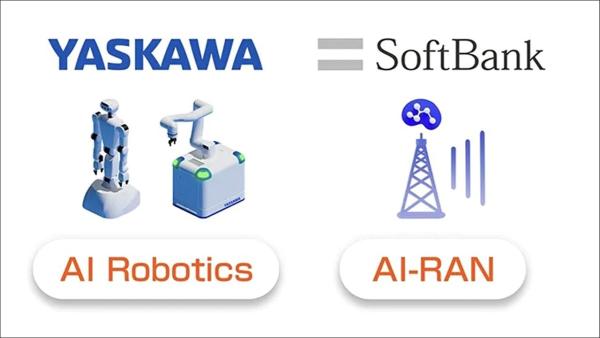
Written by Nick Wood for Telecoms.com
Broadband makes it possible for people to share text, sounds, images and videos, but that’s not enough for DoCoMo.
The Japanese incumbent this week introduced what it calls a Human Augmentation Platform, which facilitates the remote sharing of feelings and sensations using special wearables co-developed by Keio University and Nagoya Institute of Technology.
Called Feel Tech, it consists of devices that use haptic sensors to detect the wearer’s movements and vibrations, converting them into an electronic signal. That goes to the Human Augmentation Platform, which records the sensations and sends them to the receiving device which then uses a transducer to convert the signal back into physical sensations.
“The system will make it possible to share sensations that conventionally have been difficult, if not impossible, to convey through images, sound, text or words alone,” said DoCoMo in a statement on Wednesday. “Accordingly, the system is expected to find practical applications in fields that rely on human senses, such as medicine and art. Also, shoppers on e-commerce sites could use it to experience the subtle feel of clothing fabrics, among other rich experiences not possible using other advanced technologies such as 3D or augmented reality.”
At this point, readers of a certain disposition might have considered potential applications of Feel Tech to the, ahem, adult entertainment industry, which has a freakishly long tradition of being an early adopter of new technology; VHS and video streaming being two examples.
Telecoms.com leads a very sheltered life, so has no idea about this sort of thing. However, according to a report in 2021 by UK telco watchdog Ofcom, nearly half of all UK adults visited an adult website or used an adult app in September 2020. The rise of platforms like OnlyFans has turned the industry into a two-way street, giving content creators the opportunity to exchange messages with their fans. It is entirely conceivable then that a platform might one day offer something a little more tactile, shall we say.
“In view of the wide range of devices that could be interconnected via the Human Augmentation Platform, DoCoMo is now collaborating with diverse partners who offer value-added technologies suited to specific devices, which is expected to support the steady expansion of sharing existing and all-new types of sensory information,” DoCoMo said.
Some of these partners could well be working on the metaverse, which is trying to turn online activity into a richer, more tactile experience. Facebook parent Meta has worked up two prototypes, Bellowband and Tasbi, which are designed to simulate and measure physical interaction with virtual objects. Meta reckons they could pave the way for haptic feedback that feels indistinguishable from the real world.
There is a more laudable side to remote haptics too, of course.
Last June, Vodafone demonstrated 5G-enabled haptic suits at the Mighty Hoopla music festival in London. The wearable tech enabled deaf and hard-of-hearing fans to feel the music through vibrations delivered by 24 touchpoints fitted to the suit. Sounds and sensations – not just from the performers but the crowd as well – were transmitted to the wearers over Voda’s network, giving them a new way to experience and enjoy the event.
As ideas go, haptic feedback might sound a little bit sci-fi, or even a little bit risqué, but with operators talking more and more about what 6G has in store – and in their desperation to offer more than just faster broadband on their networks – it’s something we’re likely to hear about pretty regularly going forward.
Indeed, as DoCoMo said this week, “to achieve crucial synchronisation of the haptic and video data being shared, the platform is expected eventually to make full use of the ultra-low latency that will be offered in forthcoming 6G mobile networks.”
Click here to read the original article.
UPDATE:
Vodafone and NTT DOCOMO, INC. (DOCOMO) published a joint white paper offering advice to the wider operator and vendor community when testing the integration of key Open RAN software and hardware building blocks.
It is the first in a series of recommendations following Vodafone and DOCOMO’s recent pact to cooperate on harmonising mobile operator system integration and test processes. This white paper is designed to smooth the path for operators and vendors to more quickly and efficiently build and scale Open RAN systems and will be aligned with ORAN Alliance and Telecom Infra Project to address the challenge collectively. It specifically addresses testing criteria and experiences to create common test scripts (a series of software instructions needed to conduct a test), as well as the need for greater cooperation and information sharing.vodaf









